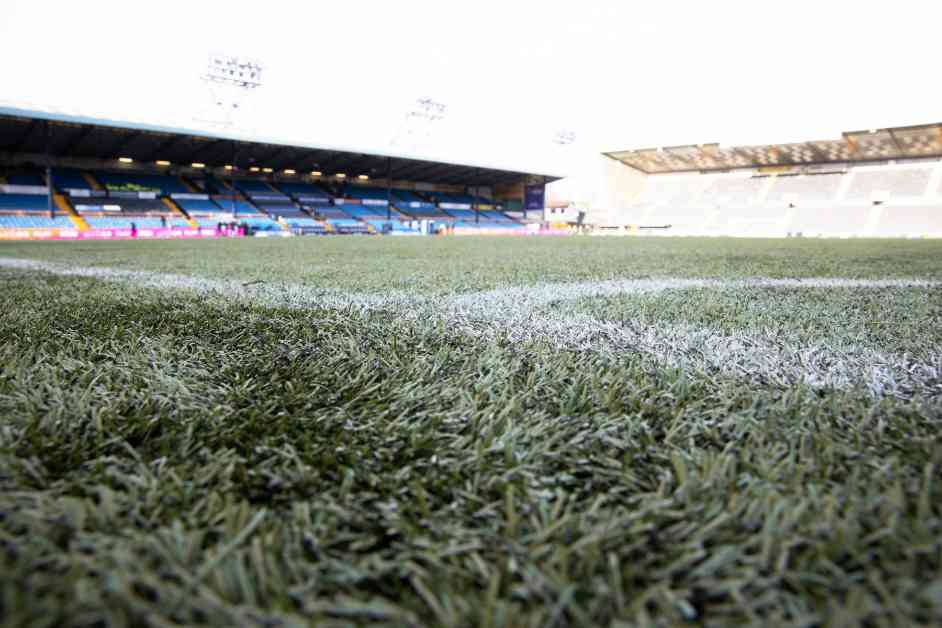Scottish Premiership Clubs Vote to Ban Artificial Pitches for Player Safety
In a significant decision for player safety and the quality of play in the Scottish Premiership, top-flight clubs have voted to phase out the use of artificial surfaces. The Scottish Professional Football League (SPFL) confirmed that clubs in the Premiership brought forward a resolution to outlaw plastic pitches in Scotland’s top division. This resolution has successfully passed, with the required nine out of the 12 clubs in agreement with the move.
Two-Year Transition Period for Clubs to Switch Back to Grass Surfaces
With the ban on artificial pitches now in place, clubs in the Premiership will have a two-year period to plan for the transition back to natural grass surfaces. Kilmarnock currently stands as the only team in the Premiership with a plastic pitch at Rugby Park. However, the Ayrshire club had already made plans to remove their current surface and replace it with grass for the 2025/26 season, aligning with the construction of a new training center on the edge of town.
Livingston and Hamilton Accies have also utilized artificial surfaces in recent years, similar to Kilmarnock’s. A spokesperson for Kilmarnock stated, “We have been working towards a return to grass in line with plans for the development of a new training ground being built for the club. More details on these plans will be revealed in due course.”
Improving Grass Pitch Standards in the Premiership
In addition to the ban on artificial pitches, the SPFL board has approved plans for a Premiership-wide project to enhance the quality of grass pitches in the league. The SPFL will be collaborating with a leading pitch consultancy firm, often utilized by UEFA, to elevate the standards of grass surfaces in the cinch Premiership. This initiative aims to ensure that all clubs in the league have top-notch playing surfaces for the upcoming season.
Dundee faced criticism for the condition of their grass pitch at Dens Park during the spring, with drainage issues and heavy rainfall causing multiple games to be postponed. This serves as a reminder of the importance of maintaining high-quality natural grass pitches to support player performance and safety.
Looking Ahead: The Future of Scottish Premiership Pitches
As the ban on artificial pitches takes effect in the Scottish Premiership, clubs are gearing up for the transition back to traditional grass surfaces. This move not only prioritizes player safety but also aims to enhance the overall quality of play in the league. With a two-year period for clubs to make the switch, fans can look forward to seeing their favorite teams compete on natural grass pitches once again.
The decision to phase out artificial surfaces reflects a commitment to upholding the standards of football in Scotland’s top division. By working with experts in pitch consultancy and investing in the development of new training facilities, clubs are poised to deliver an elevated footballing experience for players and fans alike. As the Premiership prepares for the upcoming season, the focus on grass pitch quality will undoubtedly contribute to a more competitive and enjoyable environment for all involved.

